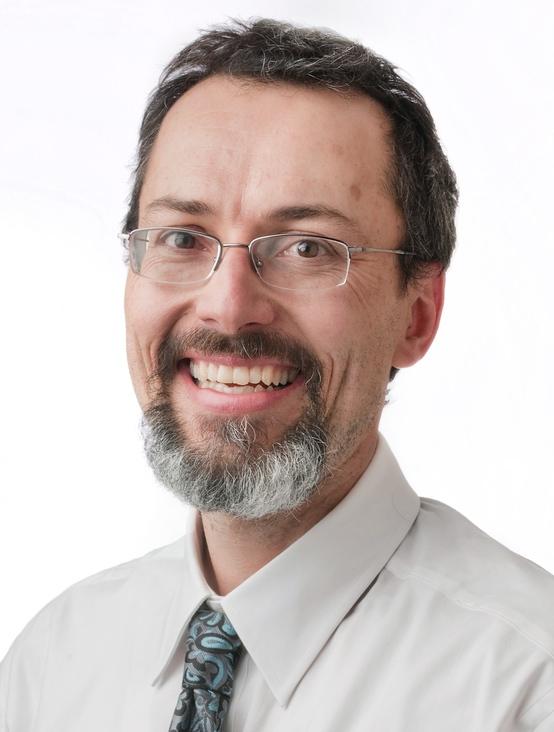
Credit: University of Colorado Cancer Center
A study published today in JAMA Dermatology combines the prevalence of skin diseases around the world with their likelihood of creating disability across the lifespan to define the following 10 most challenging conditions (arranged in order of decreasing "disability-adjusted life years"): dermatitis, acne, hives, psoriasis, viral skin diseases, fungal skin diseases, scabies, melanoma, pyoderma, cellulitis, non-melanoma skin cancer, decubitus ulcer, and alopecia areata.
"I was surprised at how much more disabling are the inflammatory skin diseases — rashes, acne and hives — around the world," says paper author Robert Dellavalle, MD, PhD, MSPH, investigator at the University of Colorado Cancer Center and professor of dermatology at the University of Colorado School of Medicine. Dellavalle points out that the fact that skin cancers are much rarer in China and India than in the United States contributes to making non-cancer skin conditions higher on the global list.
"Also, some of these rashes and acne can start young and be irritating throughout your life, whereas the cancers tend to surface much later in life, meaning that if we calculate burden across the lifespan – which we do with our measure of disability-adjusted life years – the effects of these longer-lasting conditions enlarge," Dellavalle says.
The study used data from the Institute for Health Metrics and Evaluation, housed at the University of Washington and funded by the Bill and Melinda Gates Foundation. The Institute seeks to gather and store global health information and to make this information publicly available. For the current study, Dellavalle and colleagues in the U.S., United Kingdom, Australia and the Netherlands examined this data gathered from over 4,000 sources.
"Not only do skin diseases cause substantial pain, disfigurement, and both psychological and financial morbidity, but dermatologic findings are often the initial manifestation of systemic disease. Global Burden of Disease metrics and patterns have the potential to affect public health and research priorities on a global scale. As a comprehensive and transparent measure of large-scale population health, the Global Burden of Disease Study is a rich and valuable resource," says lead author, Chante Karimkhani, MD, University of Colorado dermatology research fellow.
In addition to the surprisingly small share of the global burden of skin disease posed by cancer, the group found a surprisingly large share of the global burden created by hives and by the skin mite, scabies. "Scabies cause terrible problems in the South Pacific, Africa, and other regions and presents an opportunity for research and health care communities to help these populations," Dellavalle says.
He hopes the current study will help this global research community adjust its priorities to focus on the skin diseases that create the most hardship.
"For example, if you're a minister of public health for a country's skin disease, you could look at burden of disease results in your country and decide what you want to fund," he says.
Overall, the study found that skin diseases were the fourth leading cause of years lived with disability worldwide (behind anemia, tuberculosis and sense organ diseases).
###
Media Contact
Garth Sundem
[email protected]
@CUAnschutz
http://www.ucdenver.edu
############
Story Source: Materials provided by Scienmag





